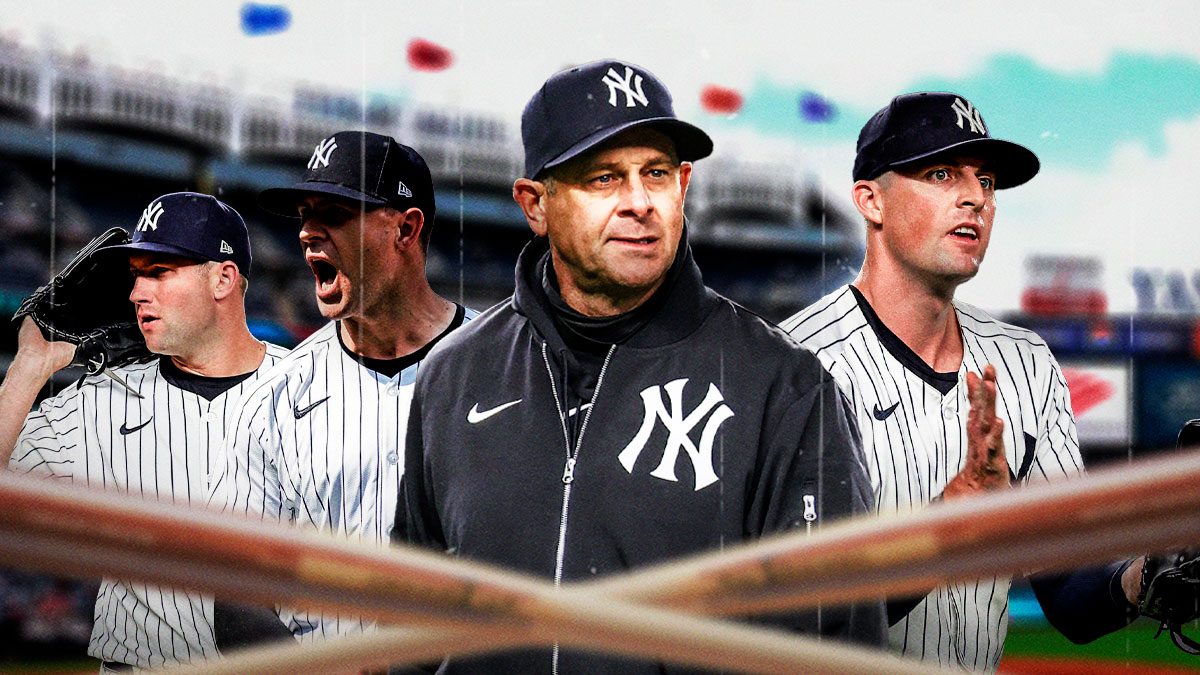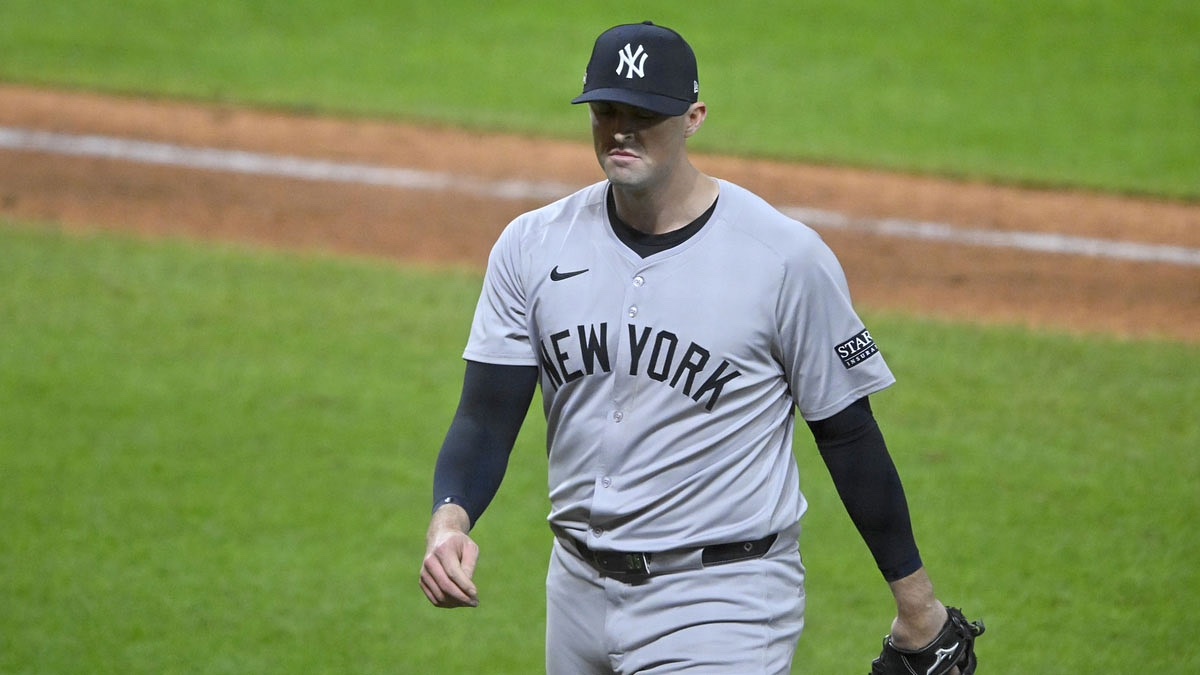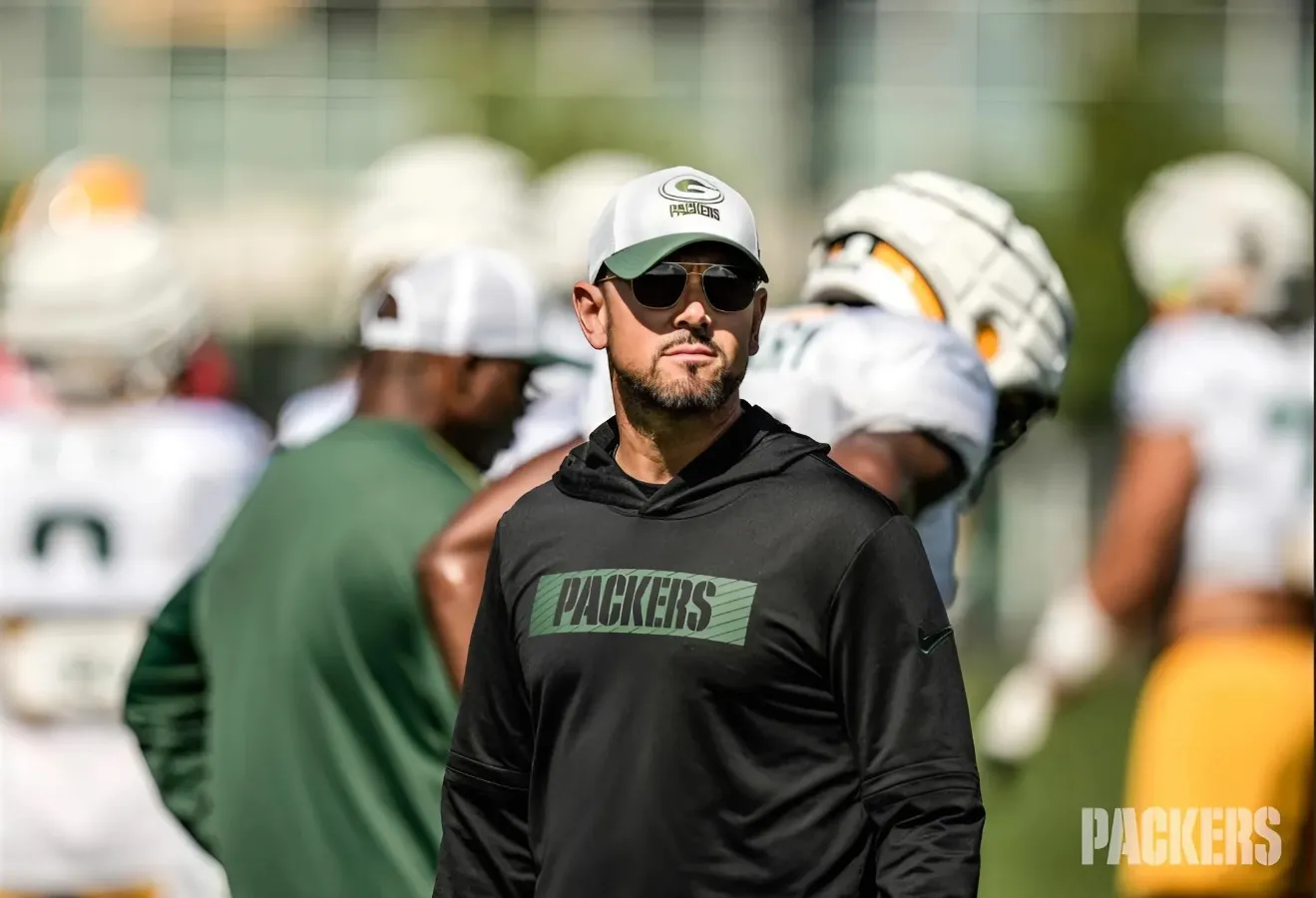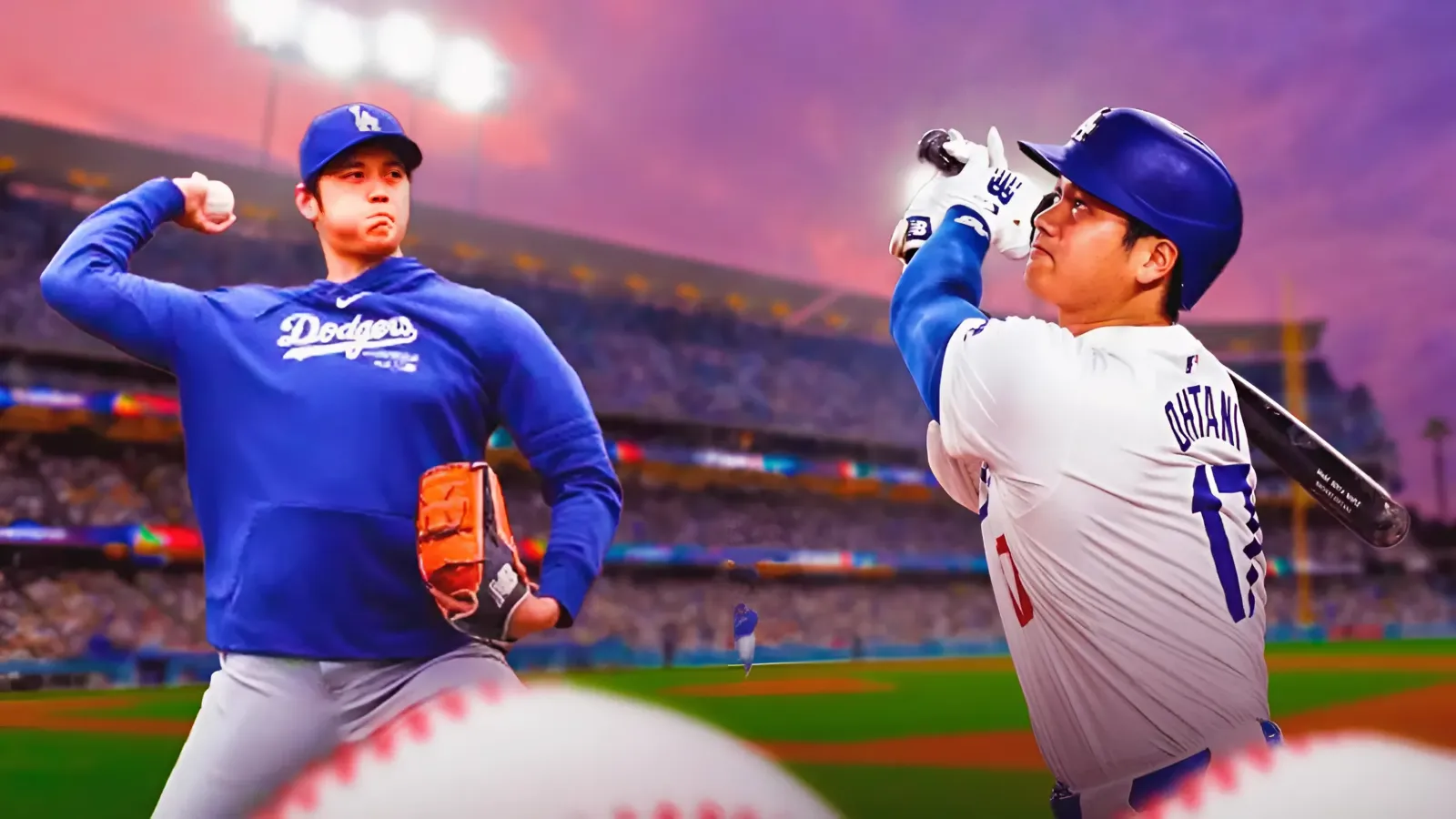The New York Yankees are back in the World Series for the first time since 2009. With the National League champion Los Angeles Dodgers awaiting them in the Fall Classic, Yankees fans are, understandably, salivating over the thought of another parade through the Canyon of Heroes.

Not so fast, New Yorkers.
The Yankees are slight underdogs in the series, which kicks off Friday night at Dodger Stadium. Between now and then, the talk will center around the superstars: Shohei Ohtani, Mookie Betts, and Freddie Freeman on the Dodgers' side; Juan Soto, Aaron Judge, and Giancarlo Stanton for New York.
But if the Yankees are unable to capture their 28th World Series championship this year, it probably won't be simply because the LA headliners out-performed their own.
The Yankees' fatal flaw has been apparent for most of the season, and even though they had enough juice to get through the opening rounds of the playoffs, the World Series is a different beast.
The Yankees may not have the pitching depth to win the World Series

How the Yankees' pitchers perform in the sixth inning and beyond will determine whether they win this series. Unfortunately for Aaron Boone's club, it might be impossible to navigate a seven-game series with the personnel he has available without giving the Dodgers — a team that, like the Yankees, prides itself on wearing down pitchers — ample opportunity to beat them.
The bridge to Luke Weaver has been too long so far in the 2024 postseason. With New York starters routinely failing to get through five innings, Boone has had to mix and match from a stable of unreliable arms to get through too many innings.
To their credit, those arms have mostly held up in the Yankees' five-game ALCS win over the Cleveland Guardians. The trio of Tim Hill, Tommy Kahnle, and late addition Mark Leiter Jr. combined to pitch 11.2 innings in the ALCS and gave up only two runs in the process. The problem is that even five games into the series, Boone was pushing his pen to its limits.
Despite Marcus Stroman being on the ALCS roster, he never pitched in his assumed long relief role, meaning Boone brought in the same pitchers game after game. The Yankees are not alone in not wanting to work relievers three days in a row in the regular season, but in the playoffs, all bets are off, and if the Yankees are going to win the World Series, they'll need the same arms to appear three days in a row, three times in four days, or even four in five days.
The x-factor could be Nestor Cortes, who has not pitched yet in the postseason due to an elbow injury but is expected to make the World Series roster. He could give the Yankees another option out of the bullpen, or as a piggy-back with Luis Gil or Clarke Schmidt if they are unable to go deep into the game.
As for the traditional relievers, Leiter got some huge outs in games 4 and 5 against the Guardians, but he also had a 4.50 ERA and 1.708 WHIP in the regular season. How confident can the Yankees be in continuing to turn to him against arguably the best team in baseball?
Kahnle was awesome in his four innings of relief work in the ALCS, but his secret to success wasn't much of a secret at all. He threw 48 consecutive changeups to an offense that ranked 17th in baseball by OPS. Will that fly against the team that ranked first?
Hill was effective down the stretch for the Yankees, but he only averages 3.7 strikeouts per nine innings. The Dodgers are sure to put traffic on the base paths, and can you really rely on him to keep the runners where they are?
Why the Yankees need to worry about Luke Weaver as well
Weaver himself is not the problem. Despite giving up a two-run home run to Jhonkensy Noel in the ninth inning of Game 3, Weaver has been excellent overall.
Related New York Yankees NewsArticle continues below
The worry for him can actually extend to the rest of the bullpen. The Dodgers will see him multiple times, even in non-save situations. Since 2019, teams are hitting .274 with an .828 OPS against relievers they see the third time (or more) in a series, per MLB.com's Sarah Langs. And keep in mind those are the high-leverage guys — the ones who were mostly lights out in the regular season.
While Weaver's one mistake to Noel isn't concerning by itself, it should be noted how it came to be. First, Boone used Weaver to get the final five outs of Game 1, which he did in 24 pitches. The next day, he brought Weaver into a non-save situation. He gave up a solo shot to Jose Ramirez, but got through it on 18 pitches. By the time the ninth inning of Game 3 came around, Cleveland had already seen him face 10 batters over the previous three days.
Even if you want to argue that Boone shouldn't have used Weaver up four runs in Game 2, he's going to have to throw relievers three, four, or even five times at the Dodgers (again, a much better hitting team than Cleveland) to get through the series.
He ran into the same problem with Clay Holmes, who pitched in four out of the five games. Holmes was brilliant in the Division Series against the Kansas City Royals and in the first two games against the Guardians. Then, they got to him in Game 3, courtesy of a two-run walk-off home run from David Fry in the 10th inning. Holmes appeared in Game 4 the next day, recording one out while giving up two hits, a walk, and a run.
The solution, of course, would be to get more length from your starting pitchers, and at least Gerrit Cole and Carlos Rodon are capable of doing that, even if Cole has been shaky this postseason. But Boone, like most managers, keeps his starters on a short leash in the playoffs. To this point in October, it hasn't cost the Yankees more than one game, but it's a gamble.
If the Yankees want to win the World Series, that gamble will need to pay off.



